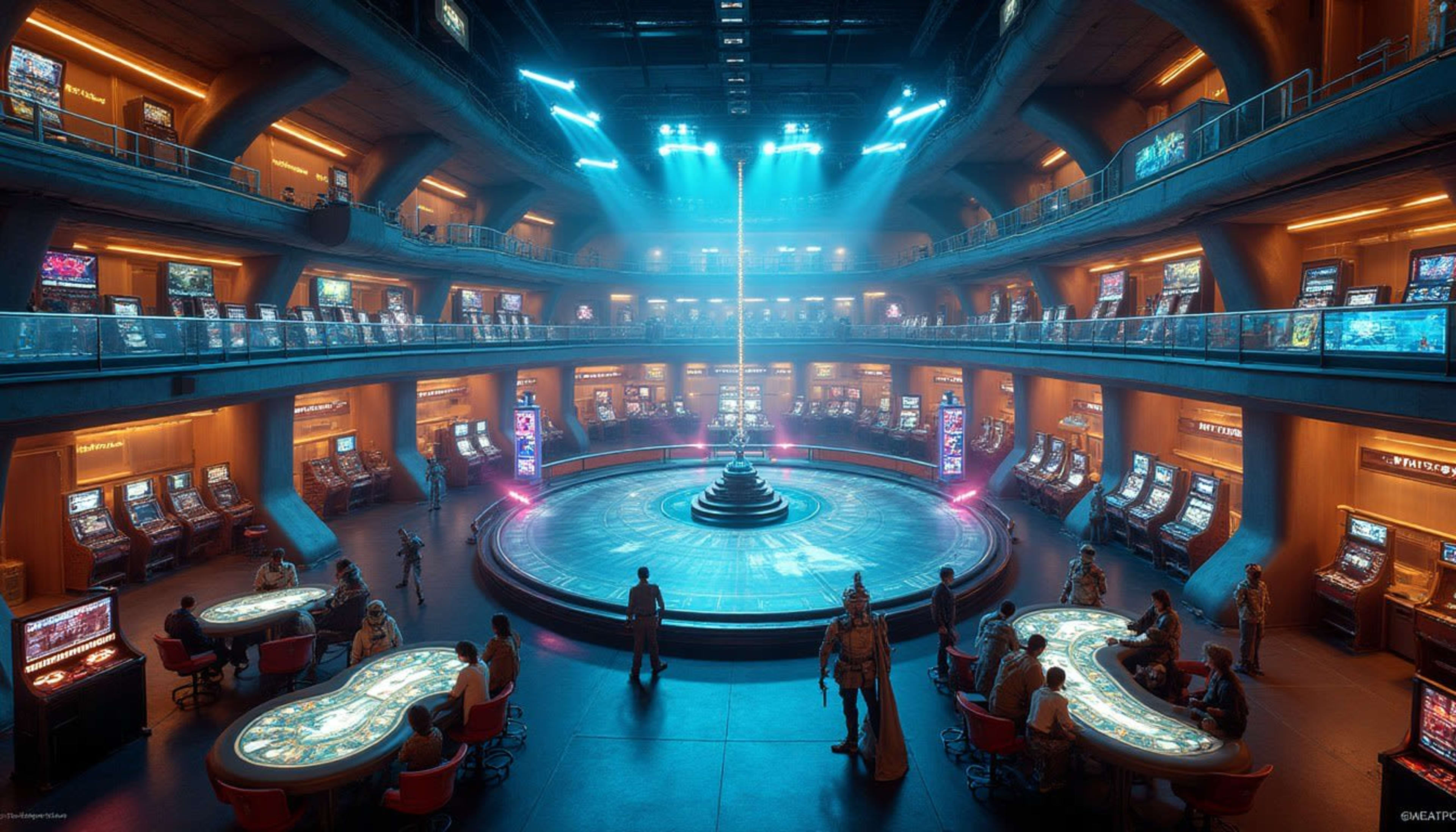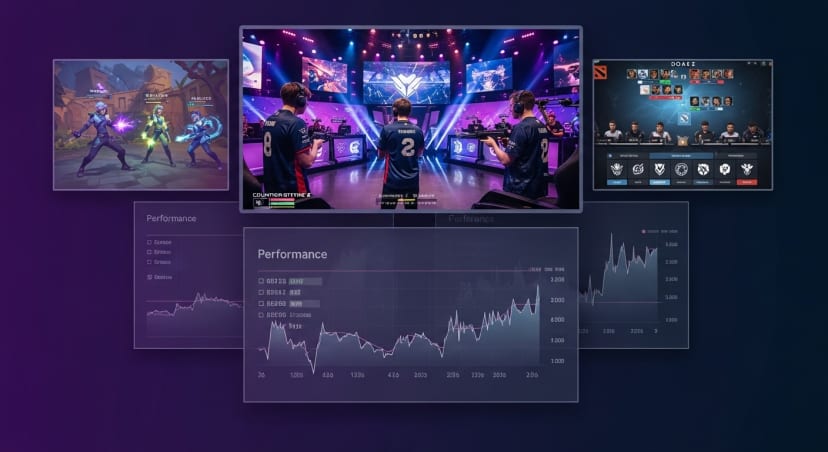Star Wars Battlefront: Legacy, Challenges, and Future

Recommended casinos
The Star Wars Battlefront series has connected fans to a galaxy far, far away since its debut in 2004, evolving through reboots and sequels that have combined cinematic storytelling with immersive gameplay. This enduring franchise not only captures nostalgic memories but also faces modern design challenges amid a rapidly changing gaming landscape.
- The franchise's evolution features major milestones from its inception to recent reboots.
- Fans continue to push for a new installment, creating significant community buzz.
- Despite past controversies, pioneering gameplay and competitive trends shape its legacy.
Since its launch in 2004, the Star Wars Battlefront series has experienced several pivotal moments, with a reboot released in 2015 and a sequel following in 2017. The dedication of its fanbase has been evident as players flock to Battlefront 2, a title that recently saw its number of active players skyrocket, from 1,540 to a peak of approximately 18,000 on Steam in May 2025. This resurgence of interest serves as a testament to the franchise’s enduring appeal and the community’s desire for more in-depth, innovative experiences.
Amid this enthusiasm, EA grapples with the fallout of a loot box controversy that marred the progression system in Battlefront 2. The reliance on microtransactions not only affected player satisfaction but also damaged EA's reputation in an era when gamers demand transparent and fair gameplay mechanics. Despite holding the rights to develop another game set in this universe, EA has remained tight-lipped about any forthcoming projects, leaving fans to speculate and reminisce about the potential of a third installment.
Development efforts for a third Battlefront title were once underway by Free Radical Design, a studio acclaimed for the TimeSplitters series. Unfortunately, despite high hopes and promising early-stage developments, this project was ultimately canceled—a decision that still resonates with long-time enthusiasts. The desire for innovation and reinvention has only grown stronger, as evidenced by active engagement on gaming platforms and the ever-present calls for revitalized gameplay.
Throughout its history, the franchise has paralleled trends seen in competitive gaming. For instance, diverse titles have helped shape modern esports, much like esports gaming genres that highlight the wide range of competitive video games available today. Similarly, while the Star Wars universe fuels its own legacy, other competitive titles mirror its passion; Fortnite esports contributes to the broader dialogue on gaming innovations.
As competitive gaming continues to captivate new audiences, titles such as Valorant have stirred interest among bettors, with Valorant VCT betting competitions marking a shift in how enthusiasts engage with their favorite games. The relentless energy in the battle royale genre is no different, as evidenced by the popularity of betting. Likewise, the swift rise to popularity of Valorant has been mirrored by a surge in numerous Valorant bets.
Observations from industry experts suggest that even well-established titles, such as Apex Legends, are adapting their systems to include betting odds. Moreover, the vibrant world of Call of Duty continues to expand, as evidenced by the emergence of betting, reinforcing the sentiment that competition and innovation are at the core of every gaming revolution.
As Star Wars continues to celebrate nearly 50 years of fan conventions and a universe rich with complexity—from new shows and games to upcoming movie projects—the Battlefront series remains a prominent example of a franchise that has both defined and been defined by its community. While the path forward may be shrouded in uncertainty due to past controversies and developmental challenges, the legacy of Battlefront endures, inspiring a new generation of gamers and innovators alike.








